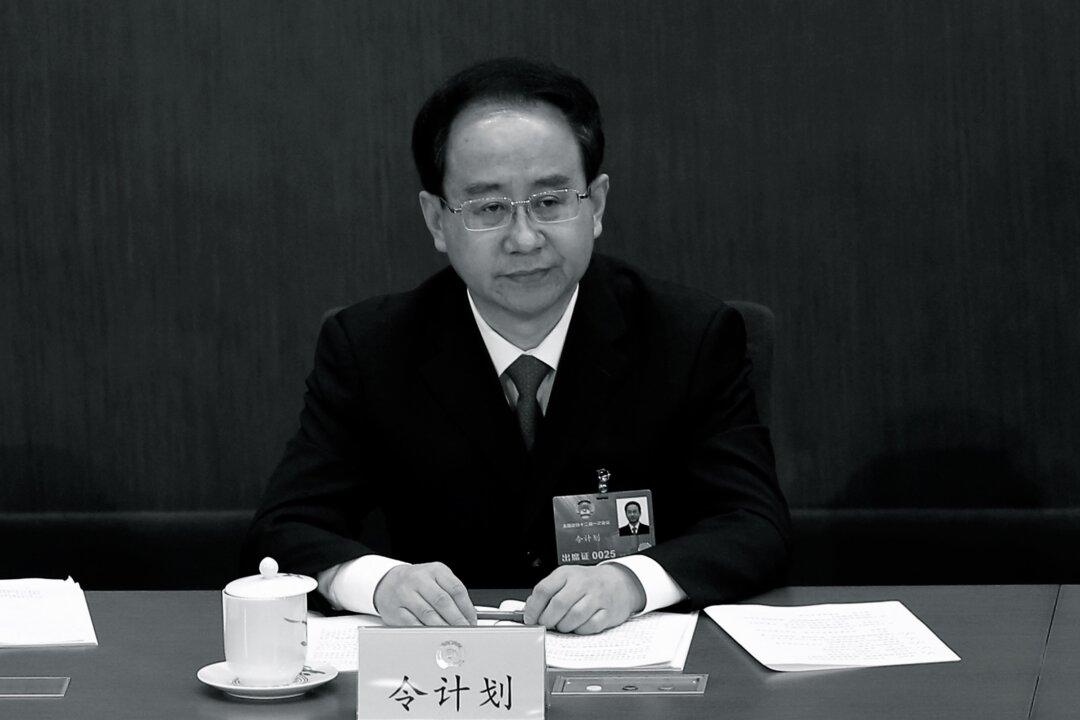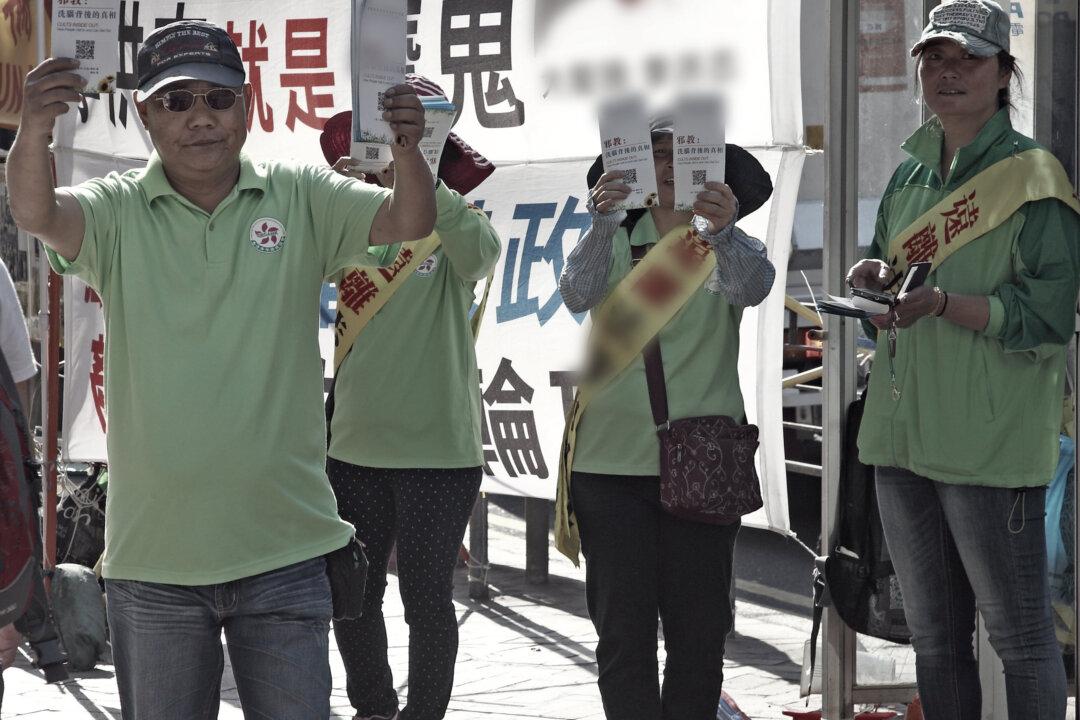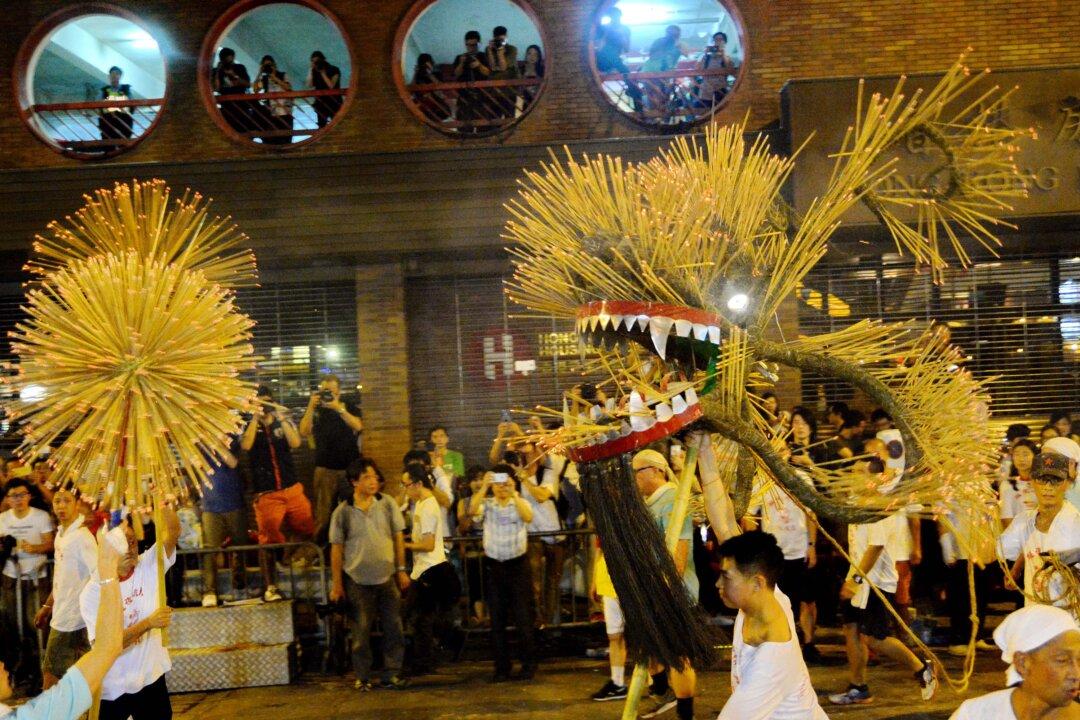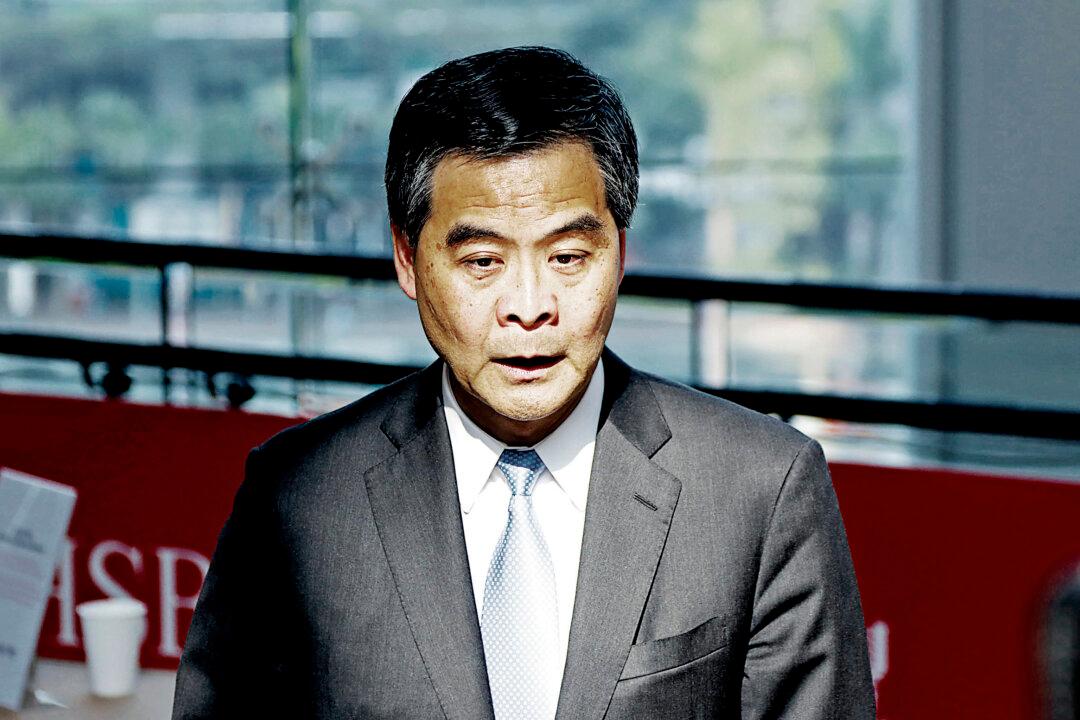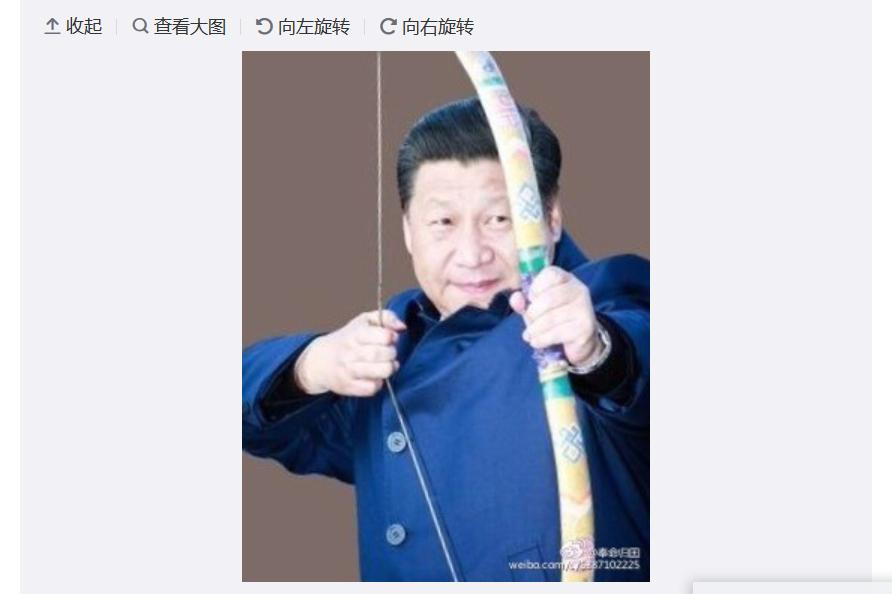HONG KONG—Hong Kong’s political situation will likely be affected by the dismissal of former minister of China’s United Front Work Department (UFWD) Ling Jihua from his position on Dec. 31, 2014.
Ever since Ling took office in 2012, the UFWD has been strengthening its influence overseas, including further intensified suppression of democratic activists and Falun Gong practitioners. Hong Kong became one of its overseas targets.
Chinese Communist Party (CCP) leader Xi Jinping has begun to clear out Ling and his supporters as part of Xi’s “anti-corruption campaign.” The campaign has already purged many CCP members who support Xi’s rival, former Party leader Jiang Zemin.
Ling has been succeeded by Sun Chunlan, the Chinese Communist Party (CCP) chief of Tianjin City. His removal may affect the UFWD’s underground CCP forces in Hong Kong.
Founded in 1930, the UFWD was intended to expand the Party’s influence and ultimately control non-Communist individuals and groups. The UFWD consists of seven departments, and the third department is a liaison bureau tasked with handling Hong Kong, Macao, and Taiwan affairs.
Political commentator Ching Cheong believes that Ling was demoted from the General Office of the CCP’s Central Committee to the UFWD in order to continue its previous work. The UFWD has rapidly gained strength in Hong Kong over the past two years, assisting the CCP’s Jiang faction with its plan to disrupt Hong Kong and make trouble for Xi Jinping.
Pro-CCP Organizations
Professor of political science at the City University of Hong Kong Joseph Cheng said that during these past two years, the CCP has used the UFWD to co-opt or found numerous pro-CCP organizations in Hong Kong.
They have co-opted Hong Kong consortiums, media, universities, cultural institutions, and grassroots movements, and they have founded many organizations and groups such as Voice of Loving Hong Kong, Caring Hong Kong Power, and Hong Kong Youth Care Association.
Cheng quoted a local commentary article as saying that over the past few years an estimated 4,000 to 6,000 new organizations have been registered, including countless student associations, patriotic associations, and friendship associations.
These organizations revealed where their loyalties lay last August by participating in an anti-democratic march in Hong Kong, Cheng said.
“There are some newly founded university faculty organizations with only a few members. They usually do nothing, but when it comes to a critical time such as the anti-Occupy Central movement, these organizations will issue a statement to support the CCP’s policies,” Cheng said.
The Occupy Central With Love and Peace movement for democracy began last year when Hong Kong people were dissatisfied that Beijing would not let them have true universal suffrage and democracy.
Cheng said that the UFWD’s tactics involve the deployment of various underground organizations to attack the democratic movement in Hong Kong by all means, thus “obstructing and undermining Hong Kong’s high degree of autonomy and its policy of one country, two systems.”
The UFWD has spies working overseas, primarily through several major systems: pro-overseas patriot groups, overseas student organizations, chambers of commerce, CCP-supported media, and China overseas friendship associations.
In addition, the China Council for the Promotion of Peaceful National Reunification, which has branches all over the world and is known as a non-governmental organization, is actually under the UFWD.
Ching Cheong believes that as the minister of the UFWD, Ling participated in last year’s events that enraged the Hong Kong people. These included the anti-Occupy Central march, the repression of Hong Kong’s democracy protests, and Beijing’s white paper that suggested Hong Kong only has as much freedom as Beijing is willing to give it.
Vote Rigging
According to a 2011 report by Next Magazine, the Hong Kong Chinese People’s Political Consultative Conference (HKCPPCC) Provincial Members Association was under the UFWD and aimed to deploy the wealthy for vote planning to interfere with Hong Kong’s legislative election.
According to Next Magazine, the executive vice president of the HKCPPCC and former richest man of Hubei Province, Leung Leung-shing, was involved in a vote-rigging scandal and participated in the anti-Occupy Central march. He is closely related to the UFWD.
Hong Kong democracy supporters are concerned that the UFWD’s operations in Hong Kong are turning public, which would further damage Hong Kong’s freedom.
Ching said the CCP fostered these grassroots organizations in order to manipulate elections “such as the recent election of the Chief Executive by functional constituencies.”
Suppression of Falun Gong
A Reuters report mentioned the Hong Kong Youth Care Association (HKYCA), a group that has been harassing adherents of the Falun Gong spiritual practice in Hong Kong since 2012. This is part of Beijing’s operation to tighten control over Hong Kong, and Beijing is increasing the HKYCA’s power, according to the report.
The CCP has persecuted Falun Gong in China for over 15 years, and the HKYCA has assisted with the persecution in Hong Kong by violently disrupting Falun Gong information booths.
Reuters checked the Societies Registration for information on the HKYCA and found that its president, Hung Wai-sing, is one of the core members of the UFWD’s forces.
According to the US-based World Organization to Investigate the Persecution of Falun Gong (WOIPFG), the HKYCA is a branch of the UFWD and is supported by pro-CCP groups.
Since Jiang Zemin began persecuting Falun Gong in 1999, the focus of the UFWD overseas has changed to cooperate with the persecution. WOIPFG spokesman Wang Zhiyuan recently reported that Ling Jihua intensified the persecution of Falun Gong after he took office.
Xi Jinping has been vigorously eliminating the Jiang faction through his anti-corruption campaign. Since the 18th CCP National Congress in November 2012, over 60 provincial and ministerial-level officials have been purged.
Li Tianxiao of the Columbia University political science department thinks Ling’s dismissal could help remove obstacles to finishing the bringing down of the Jiang faction.
Analysts believe that the future of Hong Kong’s political situation could change, and the UFWD’s forces may become Xi’s next target for elimination.
Translated by Michelle Tsun. Written in English by Sally Appert.
